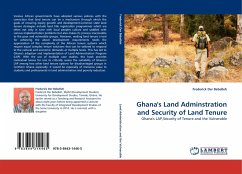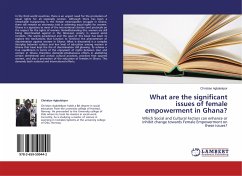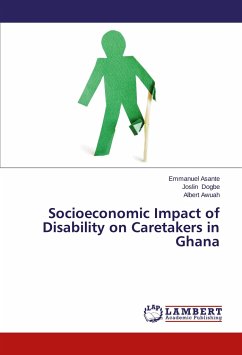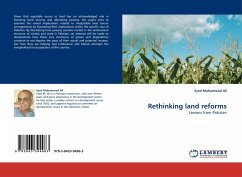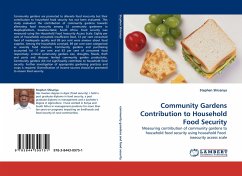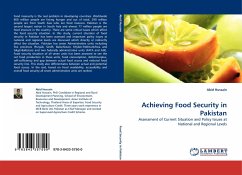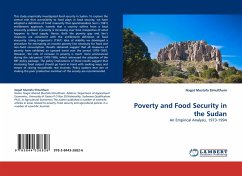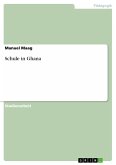Various African governments have adopted various policies with the conviction that land tenure can be a mechanism through which the goals of ensuring equity growth and development.Common state land tenure strategies include land title registration programmes which are often not only in tune with local peoples culture and saddled with various implementation problems but also makes its process inaccessible to the poor and vulnerable groups. However, making land tenure a tool for achieving the above development requirements needs the appreciation of the complexity of the African tenure systems which require equal complex tenure solutions that can be tailored to respond to the cultural and economic demands at multiple levels. This has led to Ghana's adoption and implementation of Land Administration Program (LAP). With the use of multiple case studies, this book provides contextual lenses for one to critically assess the suitability of Ghana's LAP among two other land tenure options for disadvantaged groups in northern Ghana especially. It would be especially of immense value to students and professionals in land administration and poverty reduction.
Bitte wählen Sie Ihr Anliegen aus.
Rechnungen
Retourenschein anfordern
Bestellstatus
Storno

